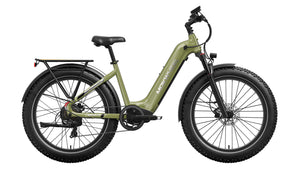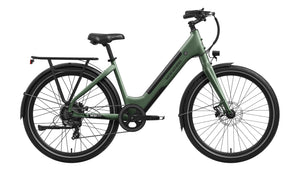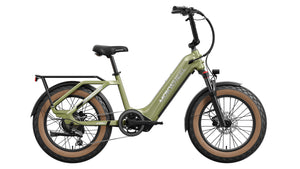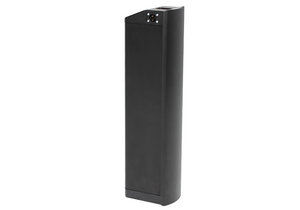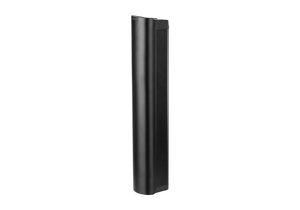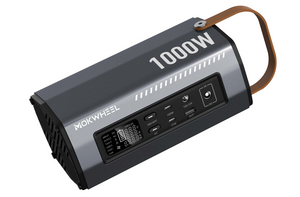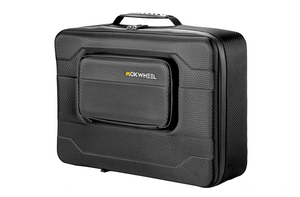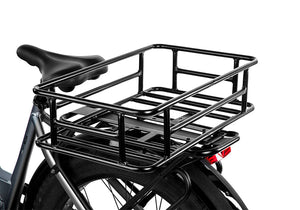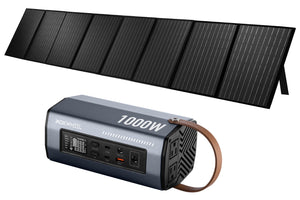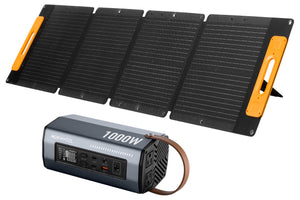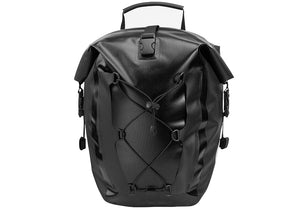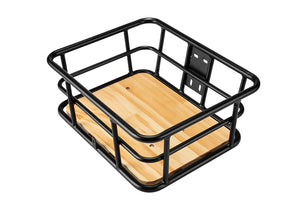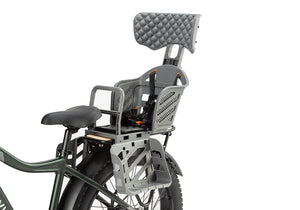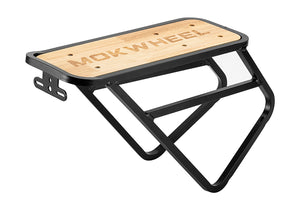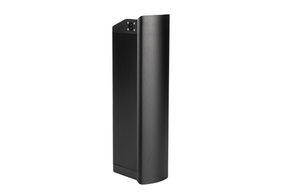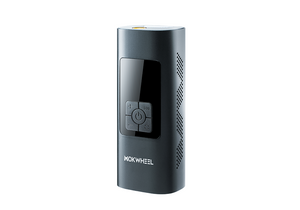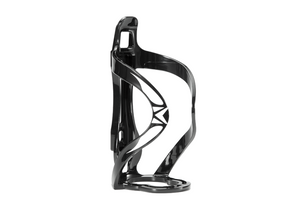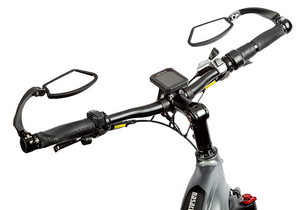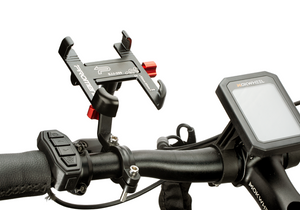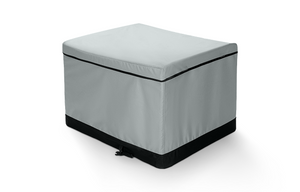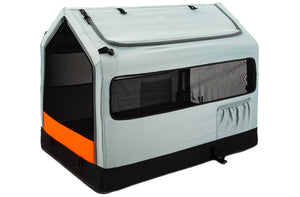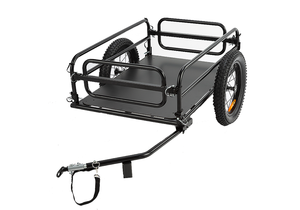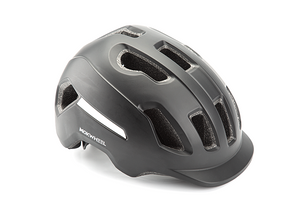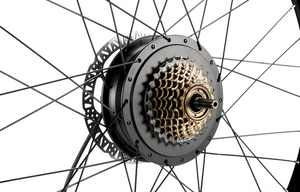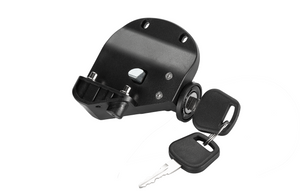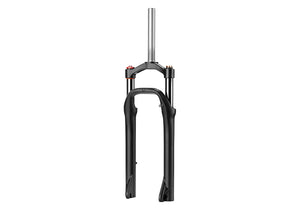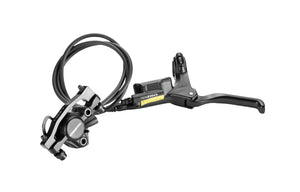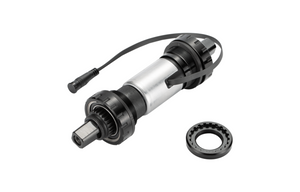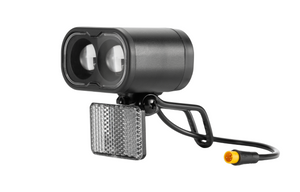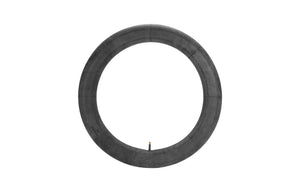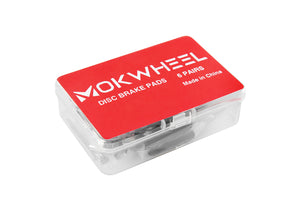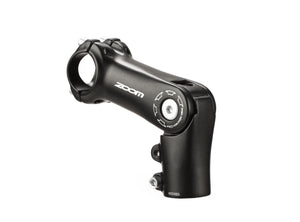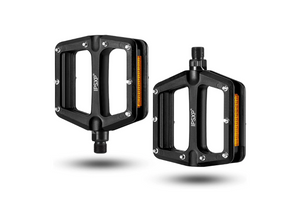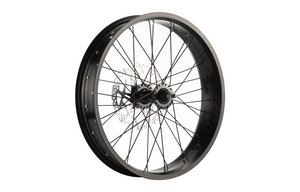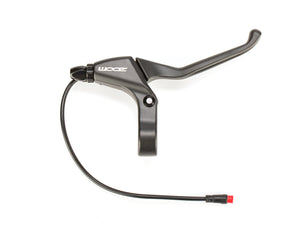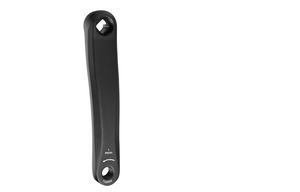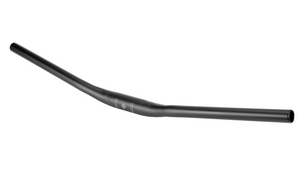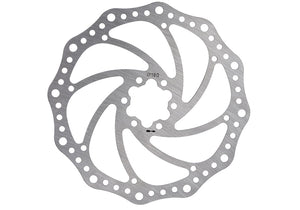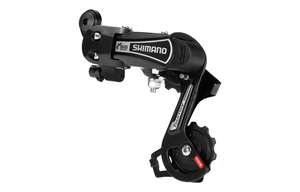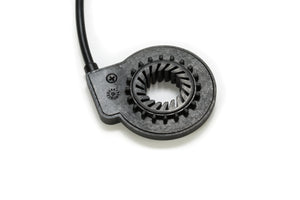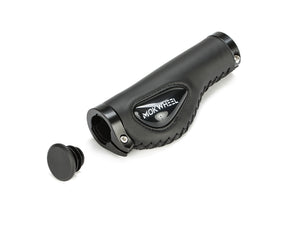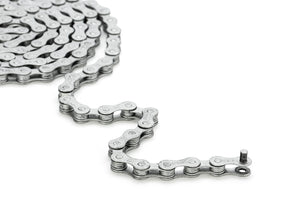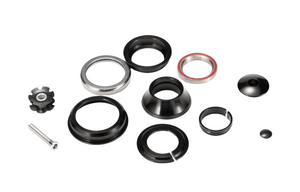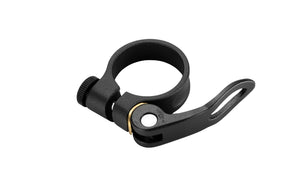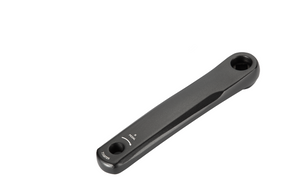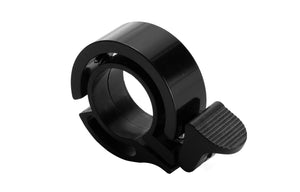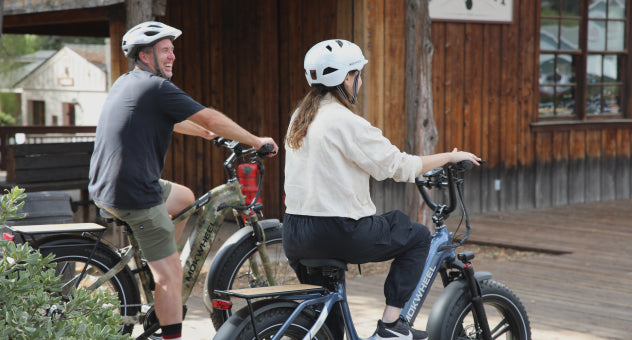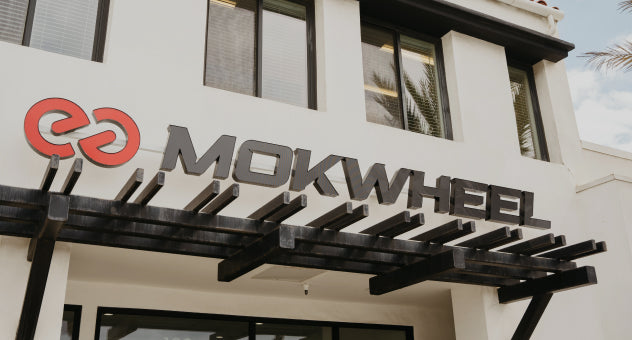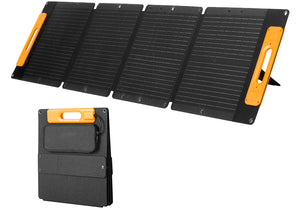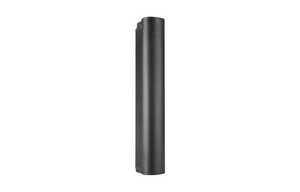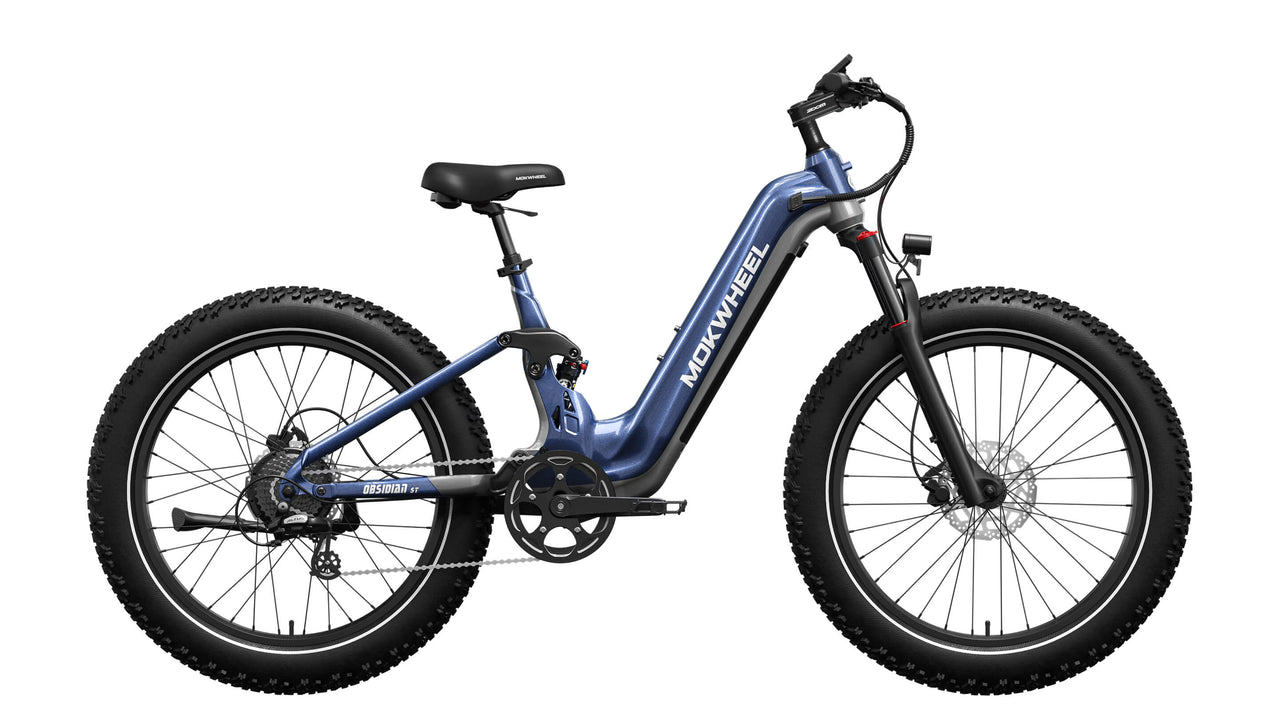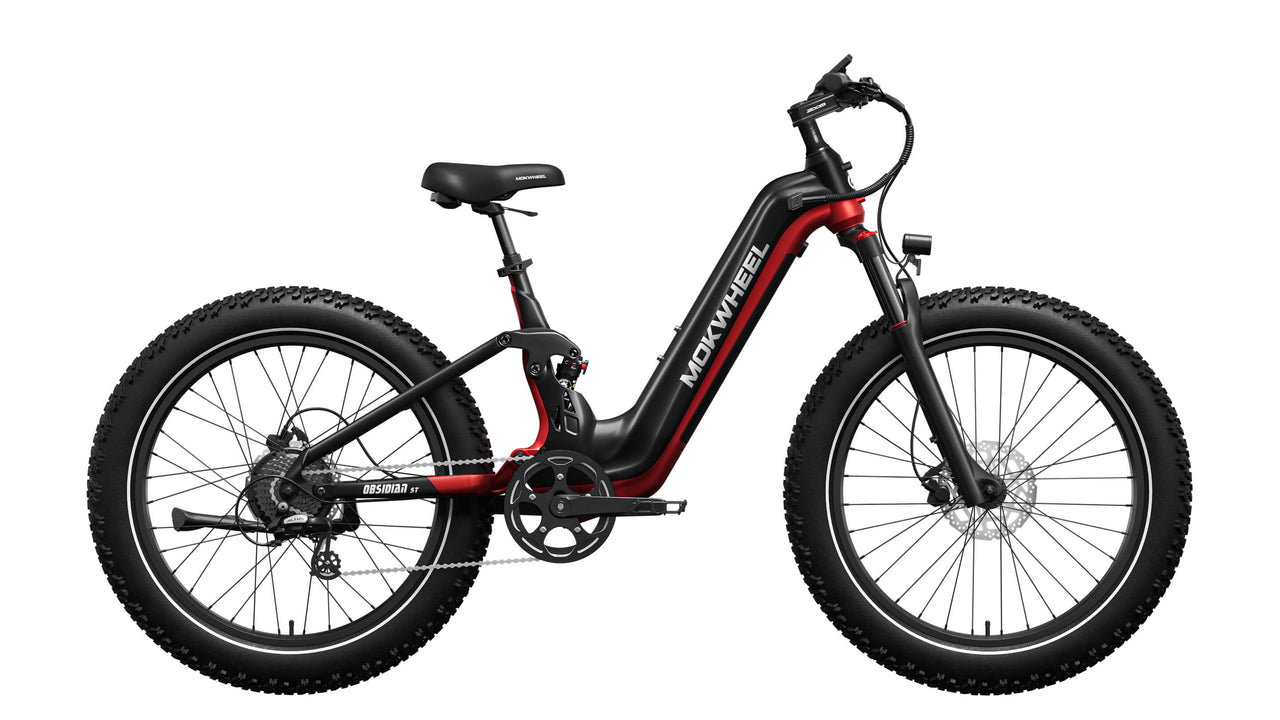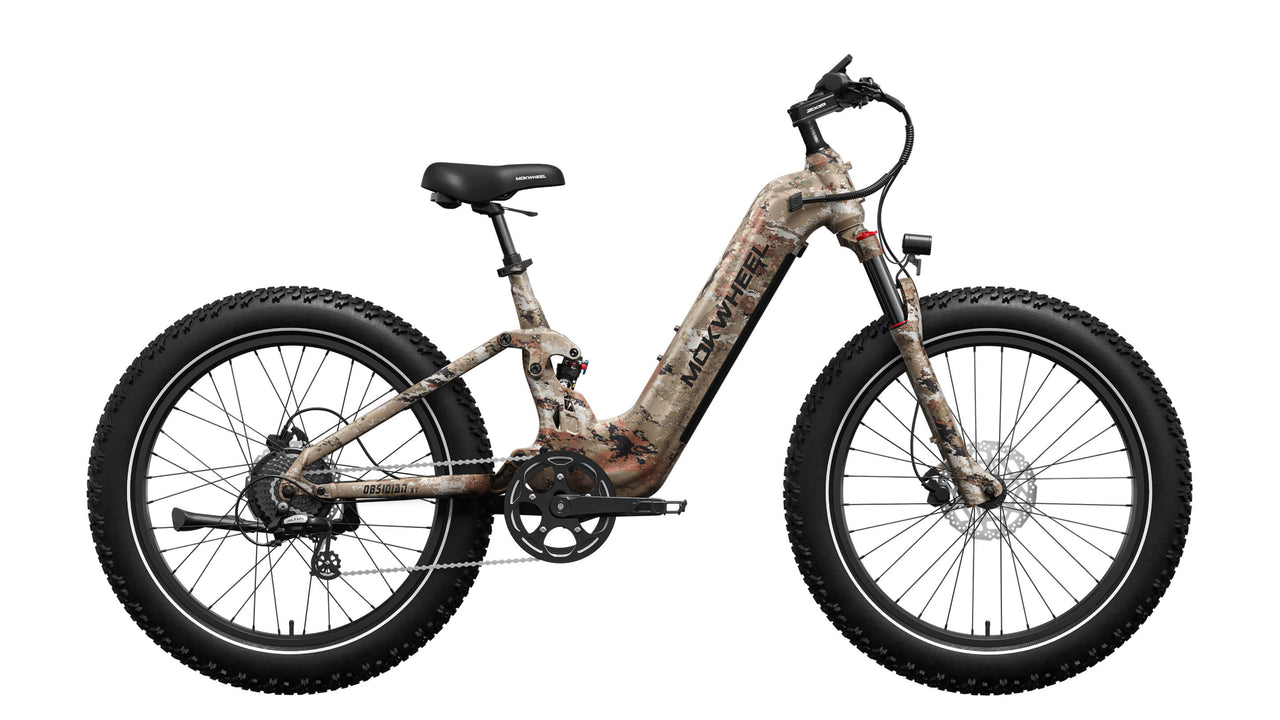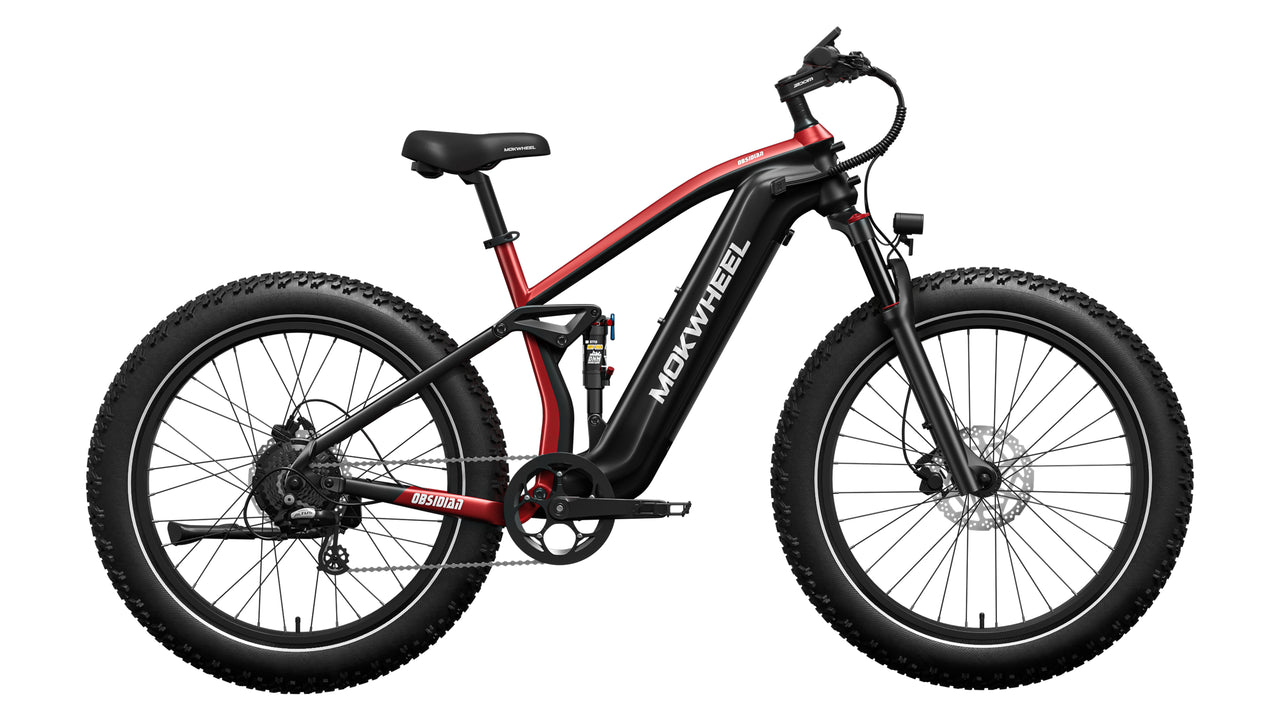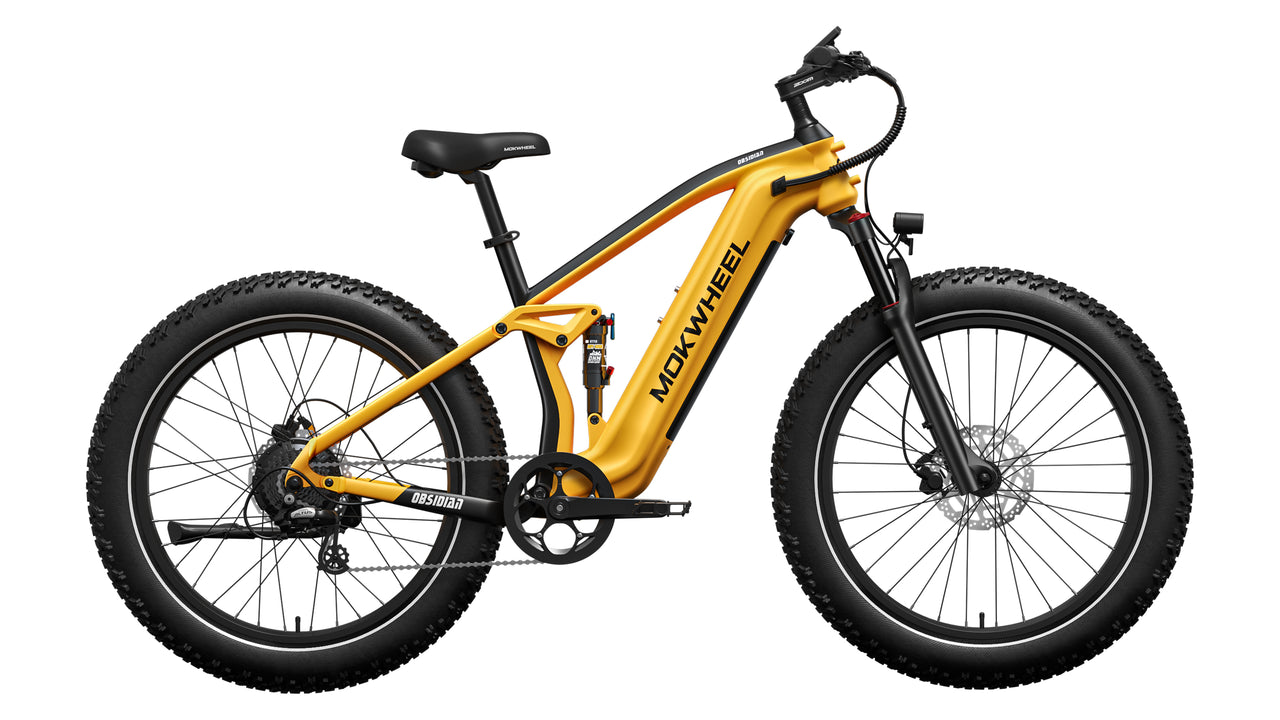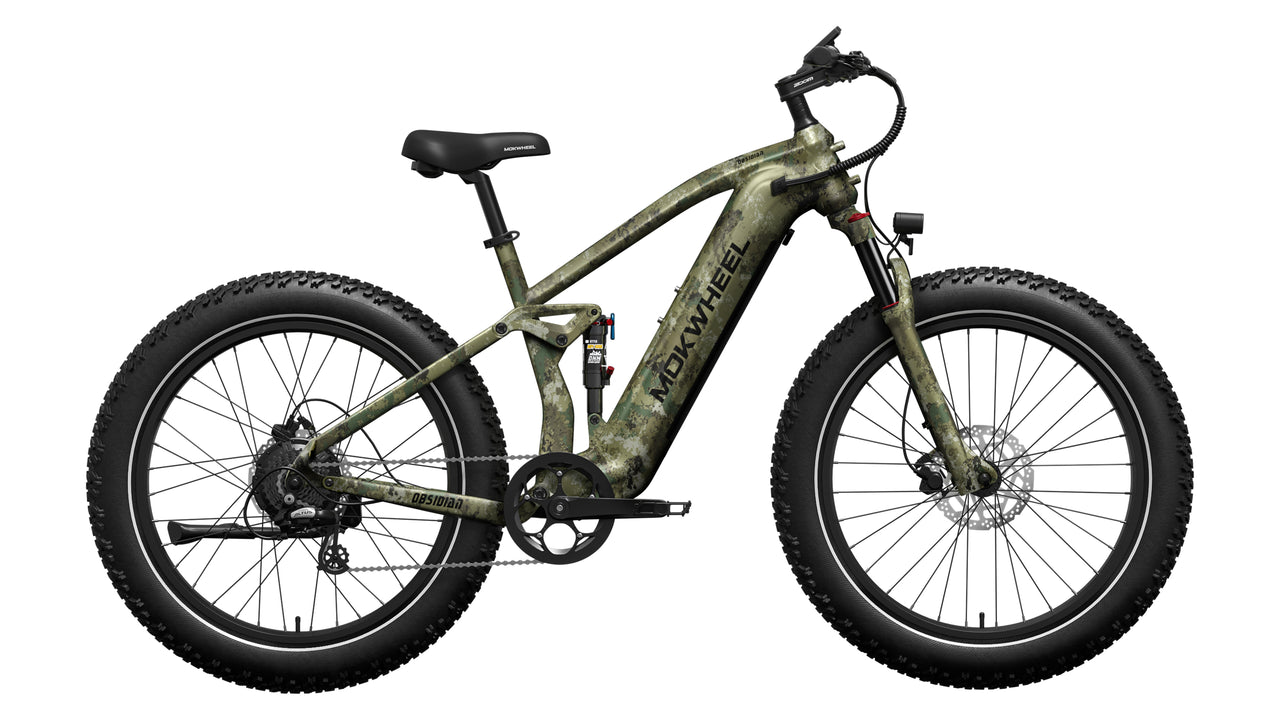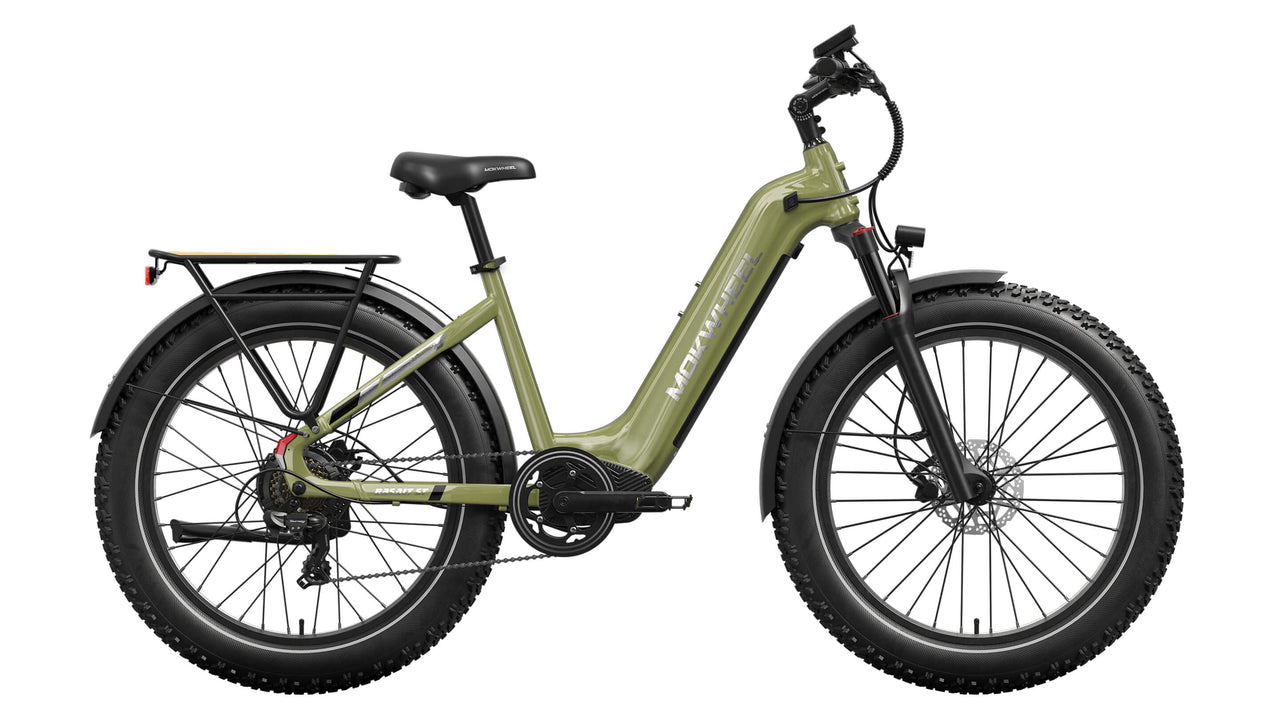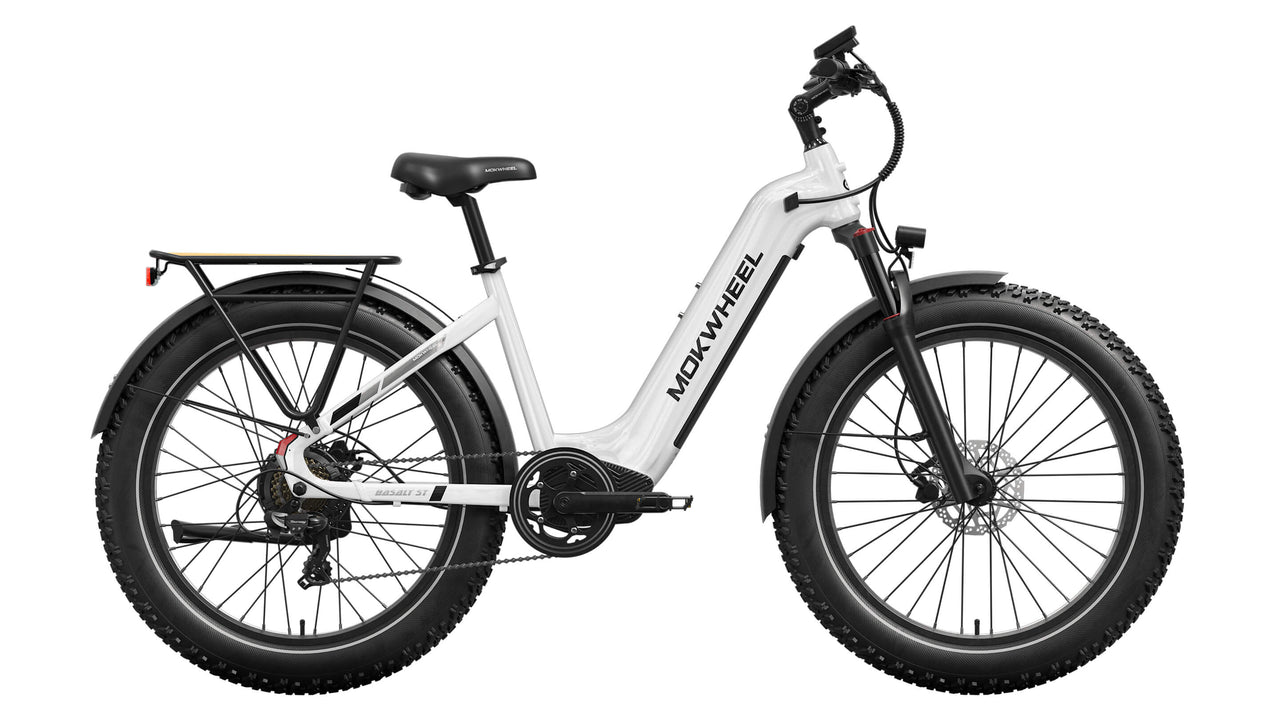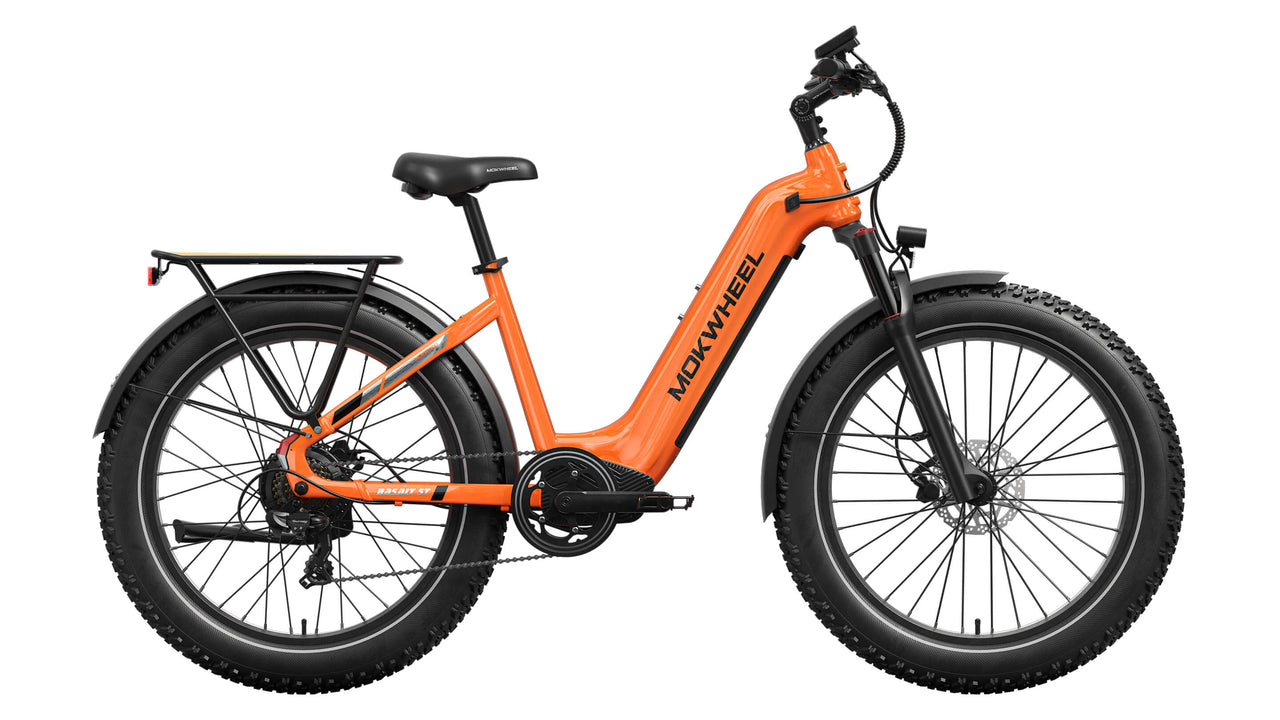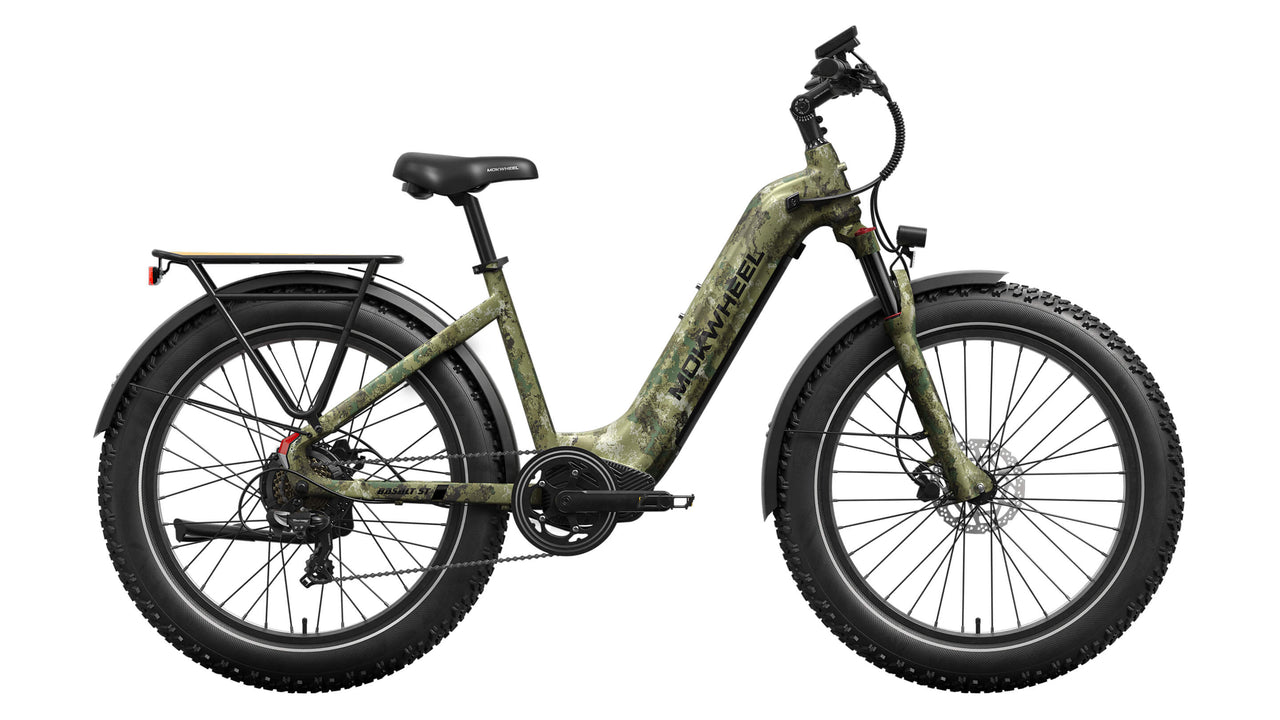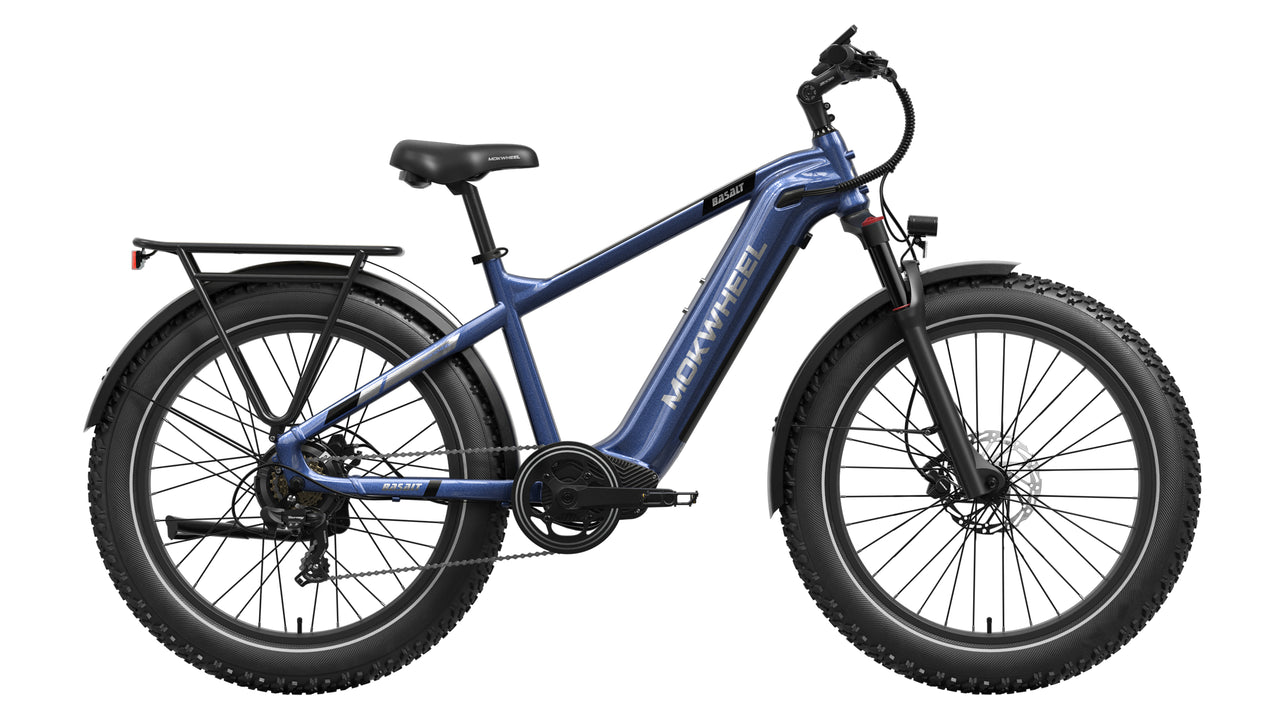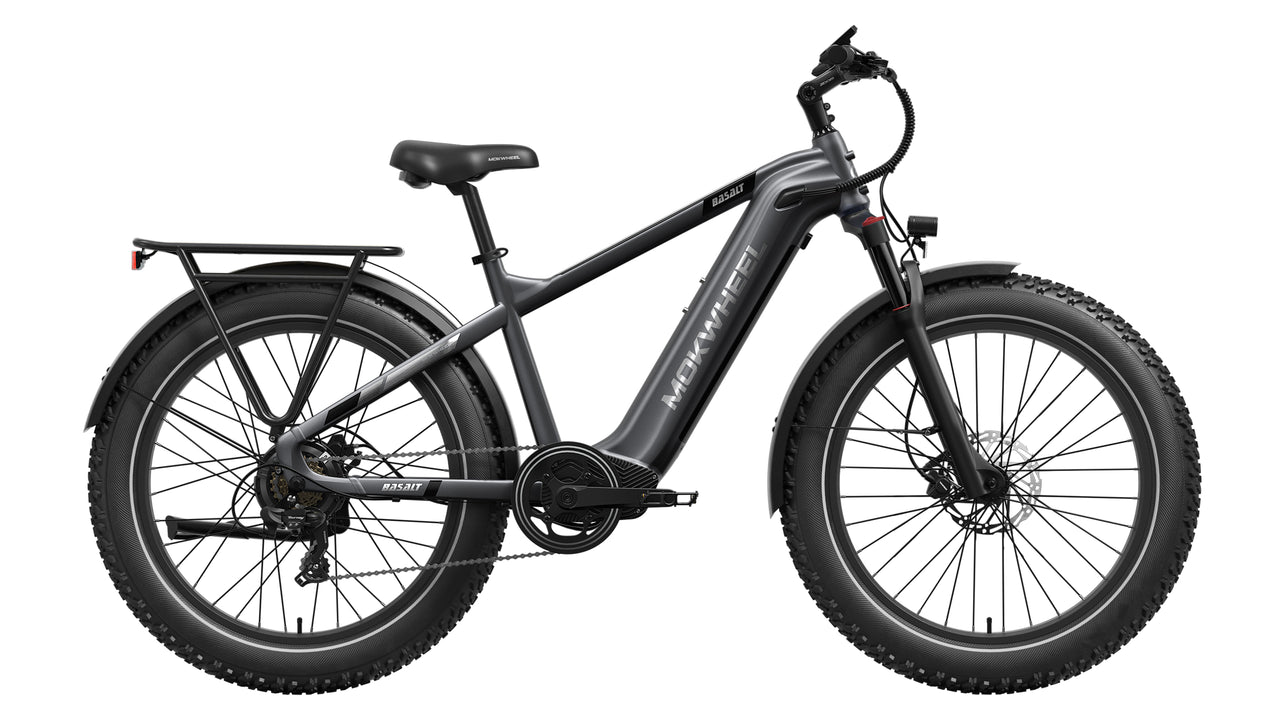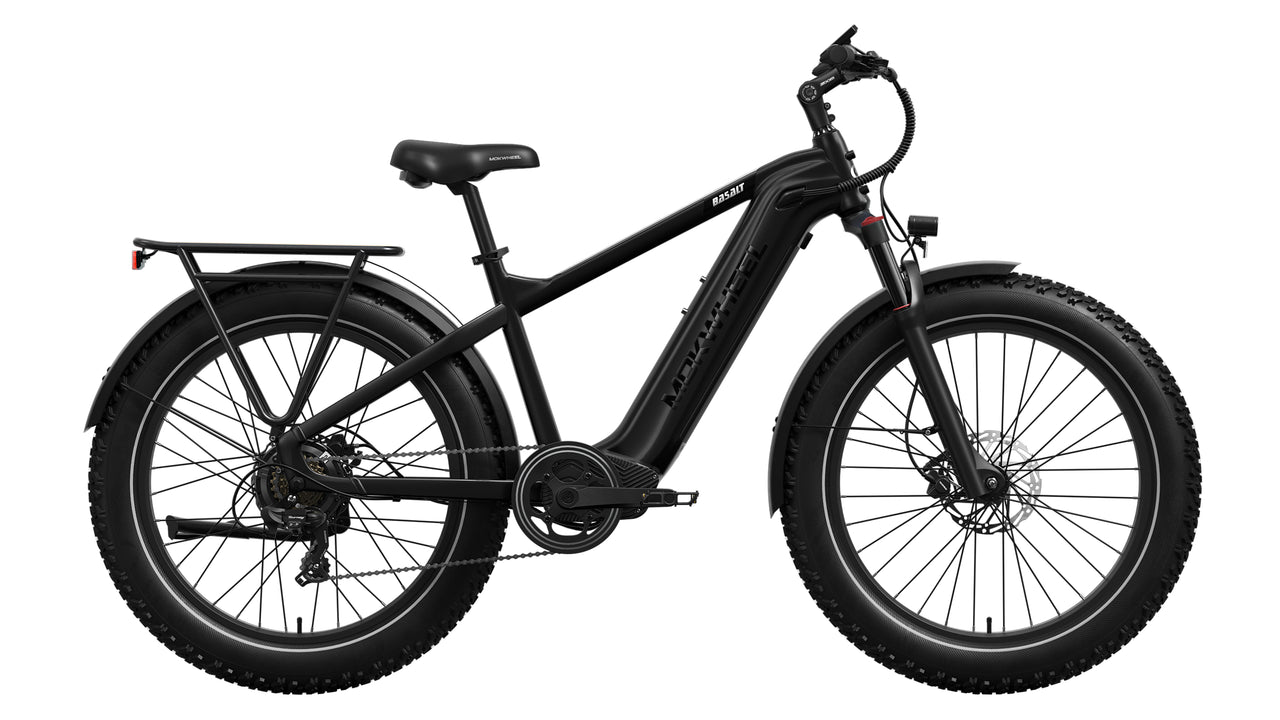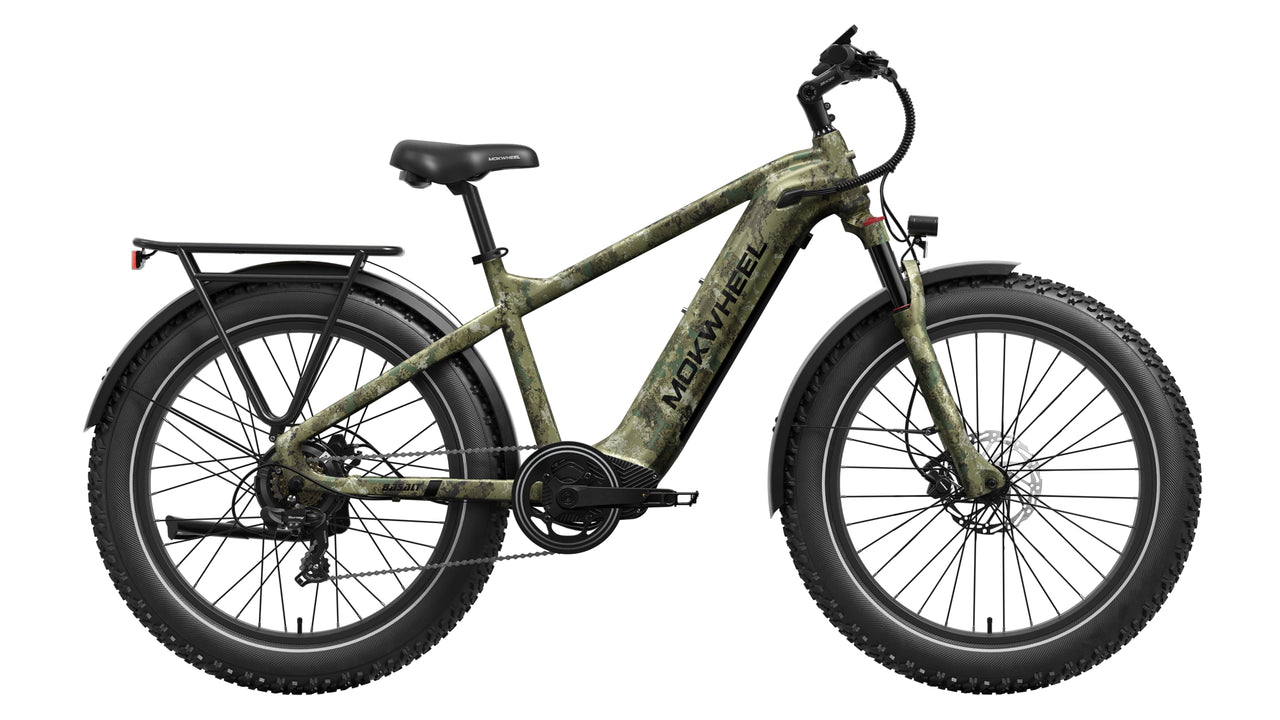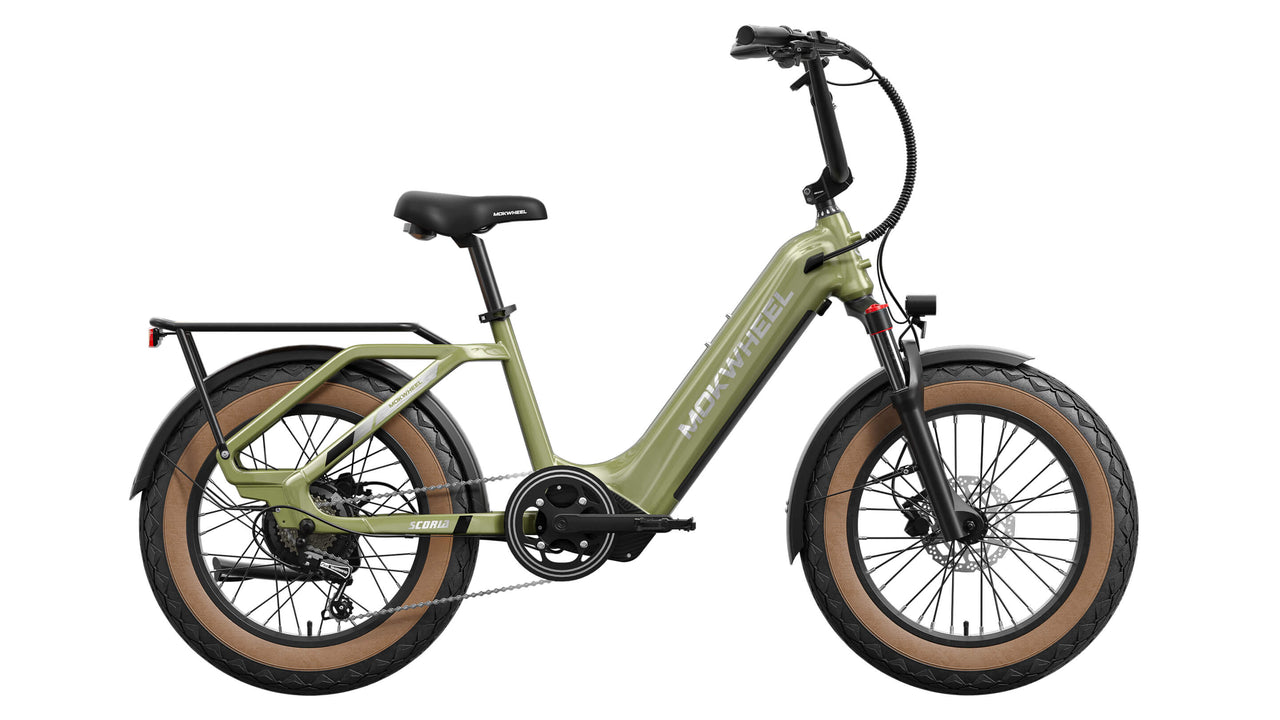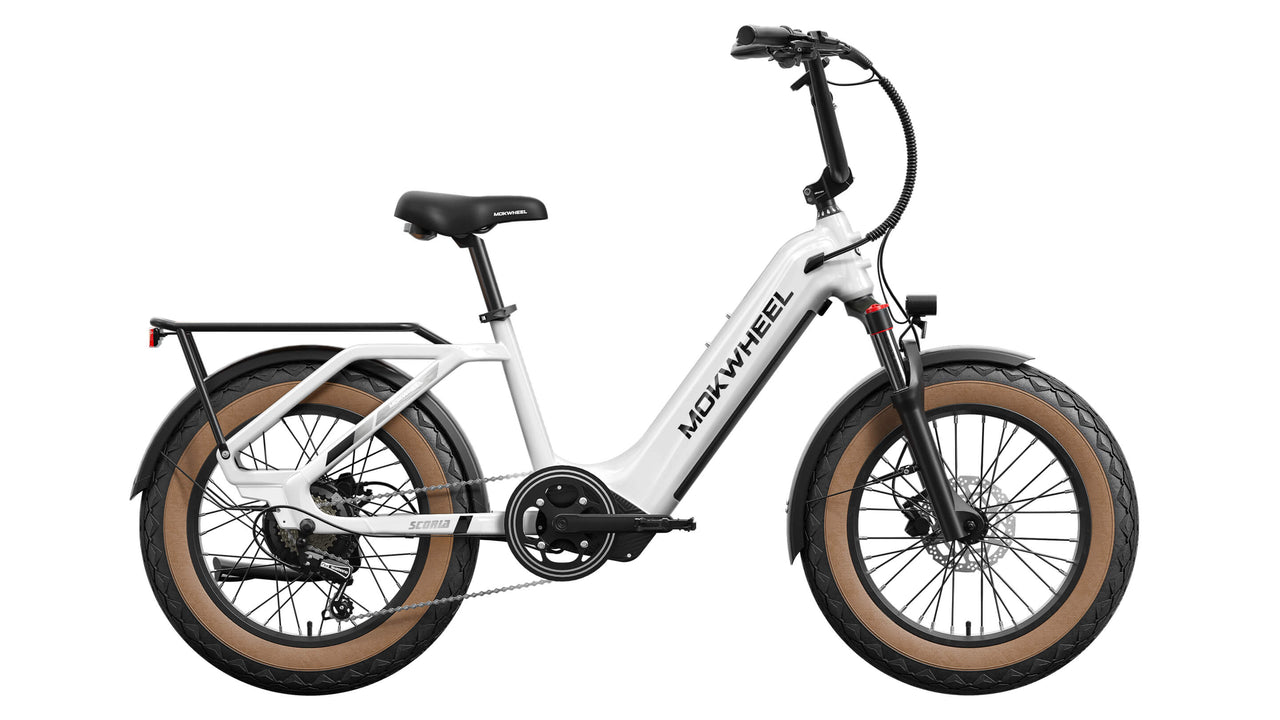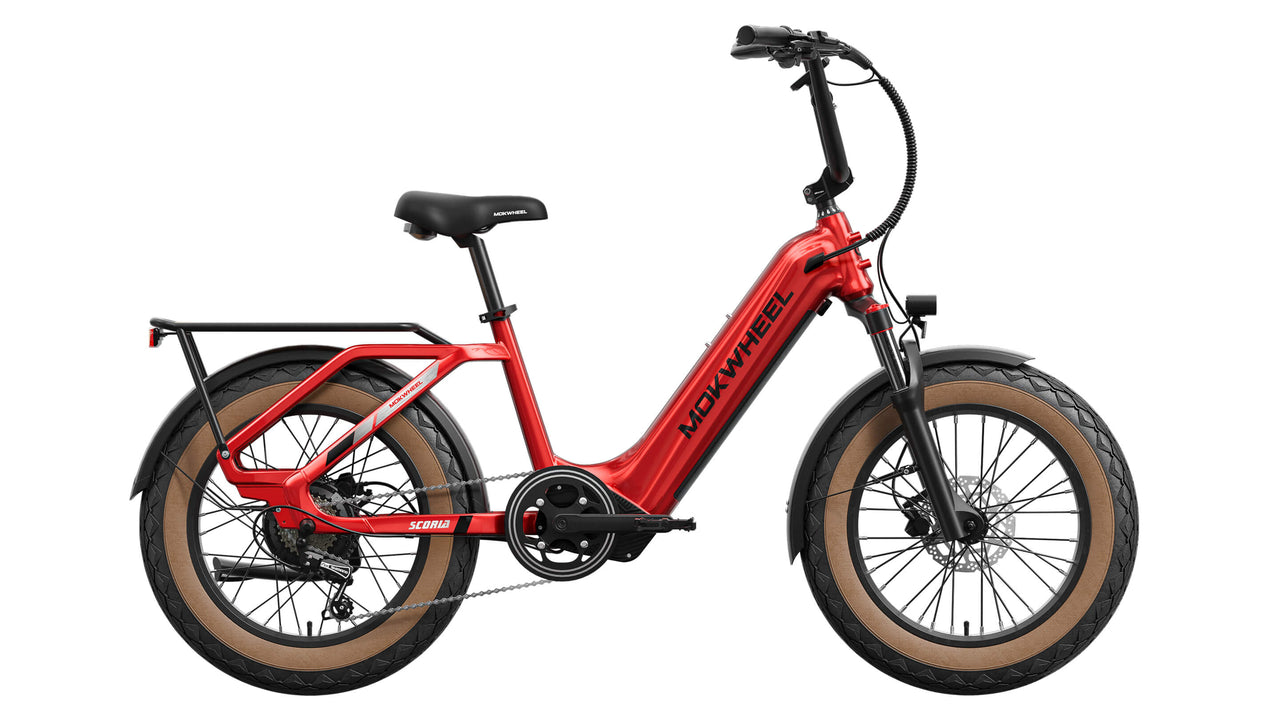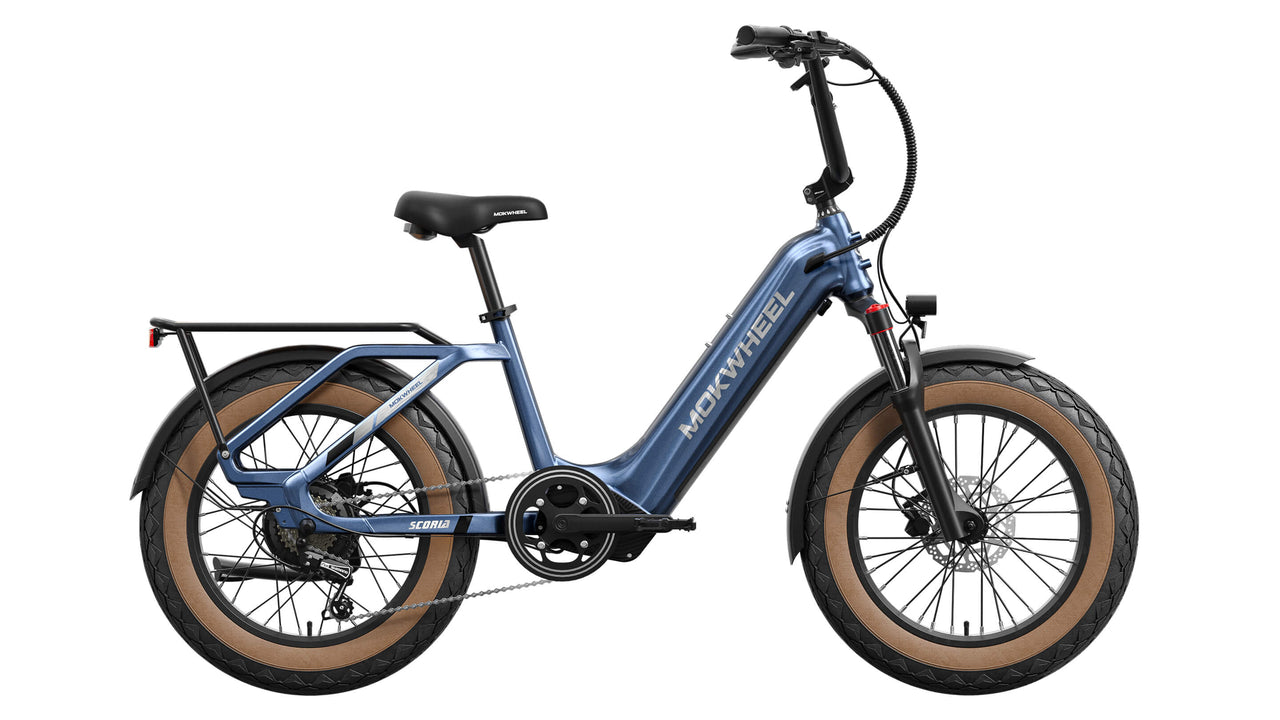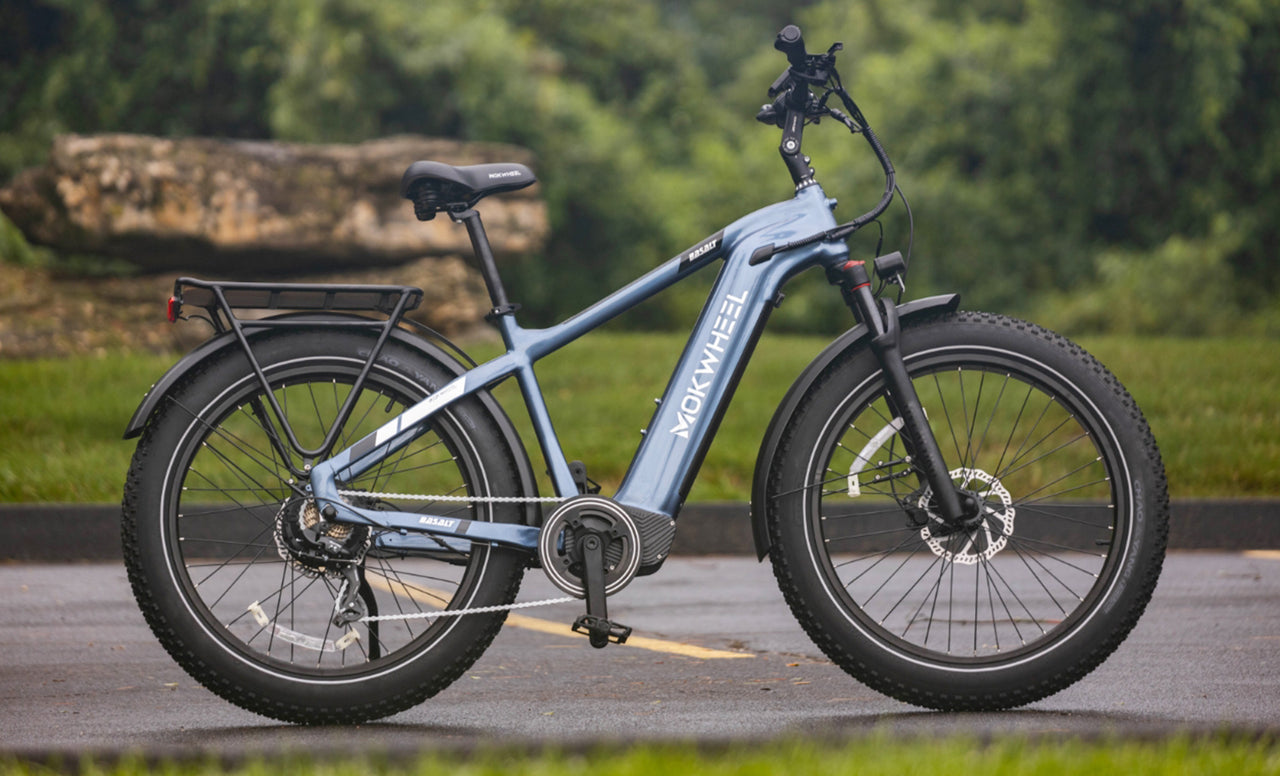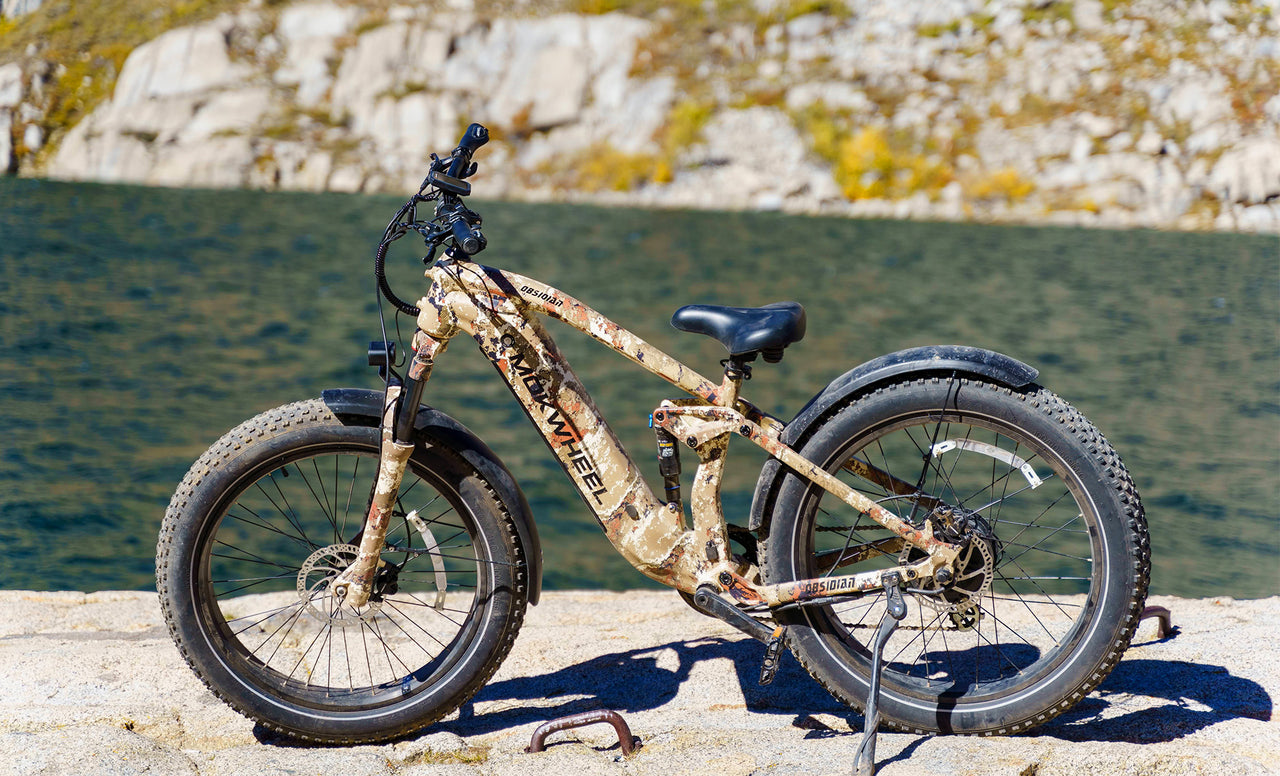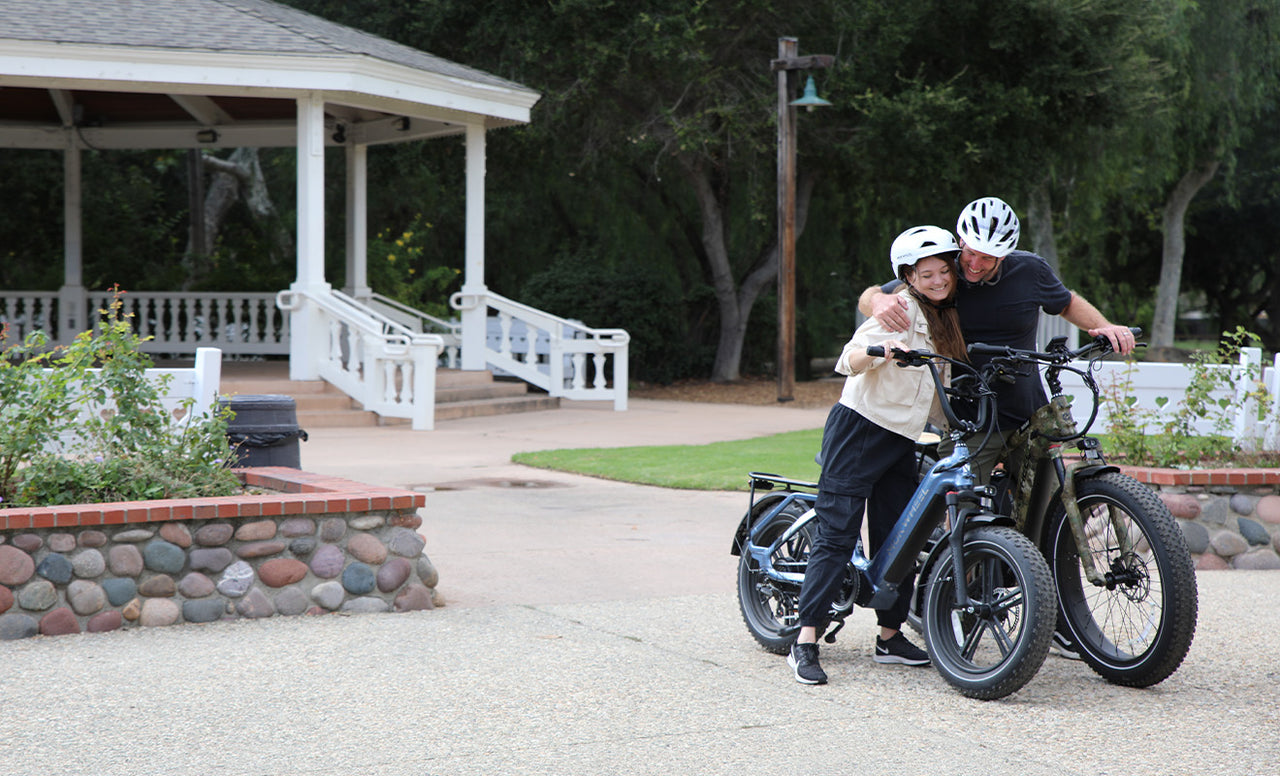In the electric bike market, higher costs don't always guarantee superior features, quality, or reliability. Often, consumers may find themselves paying more for the brand reputation rather than the technology that enhances the e-bike riding experience. This observation underscores the importance of evaluating an e-bike's specifications, performance, and value proposition beyond just the brand name.
Within this competitive landscape, Mokwheel and Trek represent two distinct approaches to value and performance. This competition highlights the diverse choices available to consumers, from affordability to luxury.
Mokwheel vs Trek: Key Differentiators
|
Feature |
Mokwheel |
Trek |
|
Purchasing Method |
Official Website Online; Mokwheel Authorized Dealers; Offline Flagship Store |
Trek Authorized Retailer |
|
Sales Model |
Direct to consumer. |
Must be sold to consumers through authorized retailers. |
|
Solar Charing Models |
Obsidian, Basalt, Basalt ST, Scoria |
0 Models |
|
Price Range |
Generally more affordable due to direct sales model. |
Higher prices due to additional services and dealer network. |
|
Shipping Method |
① Free Shipping; ② Flexible Assembly Options. |
Paid shipping and assembly. |
|
Display |
Full Color Display on all models. |
Simple LCDs on some models. |
|
Battery and Motor Warranty |
2-Year, fits all e-bike models. |
2-Year, but this warranty applies to 2012-2019 model bicycles. |
Ebike Models Price And Performance Comparison
All Terrain Ebikes: Mokwheel Basalt vs Trek Powerfly 4 Gen 4
Price and Value: The Mokwheel Basalt is priced significantly lower at $1,699 (originally $2,199) compared to the Trek Powerfly 4 Gen 4's price of $2,999.99 (originally $3,649.99). The Basalt offers a more budget-friendly option with high-value features for its price point.
Solar Charging Capability: A unique feature of the Mokwheel Basalt is its power station technology that allows for solar charging, making it an excellent choice for long outdoor adventures where traditional charging options might be unavailable. The Trek Powerfly 4 Gen 4 does not offer solar charging capabilities.
Off-road Performance: Both bikes are designed for off-road performance but differ in their approach. The Mokwheel Basalt is equipped with a 110mm adjustable front fork suspension and 26x4.0" puncture-resistant fat tires, emphasizing stability and durability in rough terrains. In contrast, the Trek Powerfly 4 Gen 4 features an SR Suntour XCM 34 fork with up to 120mm travel for larger sizes and 29x2.30" tires, focusing on a smooth ride over varied off-road conditions.

Electric System: The Basalt boasts a 48V 750W Brushless Rear Hub Motor and a 48V 19.6Ah Samsung battery, offering speeds up to 28 mph with Level 5 Pedal Assist System (PAS) and a range of 60-80 miles. The Powerfly 4, on the other hand, is powered by a Bosch Performance Line CX motor with up to 85 Nm and a Bosch PowerTube 500Wh battery, supporting speeds up to 20 mph, though its specific range is not mentioned.
Frame Design: The Mokwheel Basalt features a 6061 Aluminum Alloy frame with an internal battery, designed for versatility across all terrains. The Trek Powerfly 4 Gen 4 uses Alpha Platinum Aluminum with a Removable Integrated Battery (RIB) system, specifically targeting mountain biking enthusiasts.
Tires & Tire Size: The Basalt's CHAOYANG 26x4.0" puncture-resistant fat tires are designed for durability and stability in challenging conditions. The Powerfly 4 uses Bontrager XR3 Comp tires, with sizes varying by frame size to optimize ride quality and performance across different rider heights.
In summary, the Mokwheel Basalt offers a cost-effective, versatile option with unique features like solar charging and fat tires for rugged terrain. The Trek Powerfly 4 Gen 4, while more expensive, focuses on high-end components, safety certifications, and a frame designed specifically for mountain biking, making it suitable for serious off-road enthusiasts.
Learn More: Mokwheel Solar Charging Ebikes
Introducing Mokwheel Basalt in Jungle Camo: Conquer All Terrains with Style and Innovation
Commuter Ebikes: Mokwheel Asphalt vs Trek Verve 3 vs Trek Allant 7
Price Affordability: The Mokwheel Asphalt is significantly more affordable at $1,499, making it an attractive option for budget-conscious buyers. The Trek Verve+ 3 and Allant+ 7 are priced higher at $3,299 and $2,799, respectively, reflecting their premium features and brand reputation.
Motor Power and Performance: The Asphalt stands out with a powerful 500W motor, enabling a top speed of 28 mph, which surpasses the 250W motors of the Verve+ 3 and Allant+ 7, both capped at a top speed of 20 mph. This makes the Asphalt more suited for riders looking for higher speed and power.
Range Capability: With up to 60 miles of range, the Asphalt offers extended travel distances on a single charge compared to the Verve+ 3's 46 miles. The range for the Allant+ 7 isn't specified, but the Asphalt's capability suggests it's designed for longer commutes or adventures.
Thumb Throttle Feature: The Asphalt is the only model among the three to offer a thumb throttle, providing an option for riders to enjoy power assistance without pedaling, which can be particularly useful for starting from a standstill or getting a boost up hills.
Tires and Durability: While all models focus on specialized tire choices, the Asphalt emphasizes puncture-resistant tires, aimed at reliability and durability across varying terrains. The Verve+ 3 opts for racing tires, suggesting a focus on speed and efficiency on smoother surfaces.
Payload Capacity and Weight: The Asphalt can support a higher payload capacity of 350lbs, compared to the 300lbs limit of the Trek models, making it more suitable for heavier riders or those carrying extra gear. However, it is also the heaviest bike at 60lbs, which could impact portability.

In summary, the Mokwheel Asphalt is positioned as a versatile, high-performance option with features like a powerful motor, extended range, and thumb throttle at a more affordable price point. It's suited for those seeking power and convenience for various riding conditions.
The Trek Verve+ 3 and Allant+ 7, while more expensive, offer the reliability and refined design expected from a well-established brand, with the Verve+ 3 likely geared towards efficiency and performance on paved roads, and the Allant+ 7 aligning with riders looking for premium features in an electric bike.
Learn More: Mokwheel Commuter Ebikes
Conclusion
The competition between Mokwheel and Trek in the e-bike market highlights the evolving consumer expectations regarding value for money. Mokwheel capitalizes on offering high-powered features at lower price points, challenging the premium pricing model of established brands like Trek, which focuses on advanced technology and design. This rivalry underlines a broader industry trend where the definition of value extends beyond brand prestige to encompass technological innovation, performance, and cost-efficiency, encouraging a more discerning purchasing behavior among e-bike consumers.
Mokwheel's commitment to quality, performance, and customer satisfaction, combined with their innovative features and competitive pricing, positions them as a high-value choice for consumers in the ebike market.
At the same time, Mokwheel’s surprising sale is being held, and you can buy your favorite electric bike at this discounted moment.












